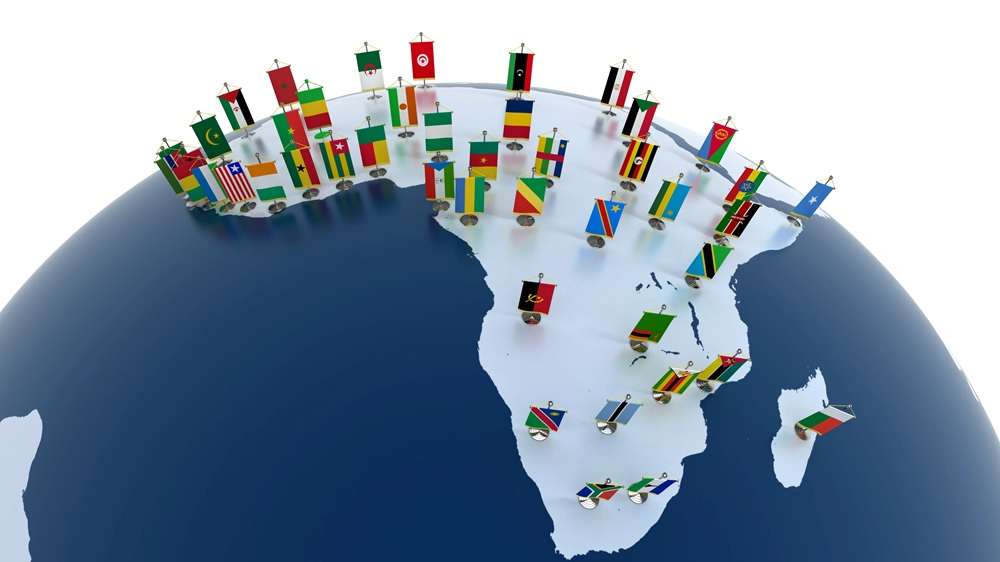Welcome to the latest edition of our financial insights! This report uncovers global economic trends and explores the vibrant investment opportunities in Africa. Our mission is to equip you with the knowledge and strategies needed to thrive in today’s dynamic investment landscape. Let’s delve into the key developments shaping the world of finance and investment.
Global Economic Overview
As 2025 begins, global economic trends reflect the lingering challenges of 2024. The IMF reported a global growth rate of 3.0% for last year, highlighting the strain on advanced economies like the U.S. and the Eurozone due to persistent inflation and elevated interest rates. While inflation showed signs of easing in some regions, such as the U.S., growth momentum remained subdued. Emerging markets, particularly in South Asia, demonstrated relative stability, driven by robust domestic demand and infrastructure investments. Sub-Saharan Africa showed resilience with a GDP growth rate of 3.5%, though risks from political instability and fluctuating commodity prices continued to pose challenges.
Global energy markets remain volatile, driven by geopolitical tensions, including conflicts in the Middle East that pushed oil prices above $90 per barrel in late 2024. Meanwhile, China’s slower-than-expected economic recovery disrupted global trade, significantly affecting raw material and manufacturing supply chains.

Impactful Global Events in December 2024
- Middle Eastern Tensions: Conflict in Gaza intensified, pushing oil prices higher and creating inflationary pressures for oil-importing economies.
- U.S. Debt Ceiling Challenges: A temporary resolution to the U.S. debt ceiling crisis in December 2024 provided relief but underscored long-term fiscal vulnerabilities.
- Cryptocurrency Developments: Stricter regulations in the U.S. and EU tempered Bitcoin’s growth, though institutional interest remains strong.
- Rising Emerging Market Debt: Higher global interest rates increased debt-servicing costs for African economies, highlighting fiscal sustainability concerns.

Local Economic Insights
Nigeria continues to face macroeconomic challenges, with inflation rising to 27.5% by the end of 2024. Exchange rate volatility persisted, with the Naira trading between ₦1,634 and ₦1,708 per USD. The Central Bank of Nigeria (CBN) raised its monetary policy rate to 28% in an effort to combat inflation and stabilize the Naira.
The Dangote Refinery reached full operational capacity in late 2024, a development expected to reduce Nigeria’s reliance on imported refined petroleum products and ease foreign exchange pressures. However, infrastructural deficits and high production costs continue to constrain the non-oil sectors.

Investment Opportunities in Africa
- USD-Denominated Investments: These are reliable options for mitigating currency risks and ensuring stable growth. Vizient Coop offers a variety of USD-denominated investments for various risk appetites.
- Fixed-Income Securities: Nigerian government bonds and corporate commercial papers with yields up to 28% present attractive options for short-term capital gains and liquidity management.
- Alternative Investments: Despite regulatory pressures, Bitcoin ETFs remain viable for high-risk, high-reward portfolios, attracting strong institutional interest.
- Infrastructure Development Funds: African-focused infrastructure funds, bolstered by increasing public-private partnerships, offer long-term growth potential and support regional economic development.

Closing Thoughts
In a year marked by economic uncertainty, African markets remain rich with opportunities for savvy investors. By leveraging USD-linked investments, high-yield fixed-income securities, and alternative assets, investors can effectively manage risks while positioning themselves for sustained growth in 2025.
Ready to seize the opportunities in African markets? Join our investment community today!
Stay strategic, stay prosperous.



